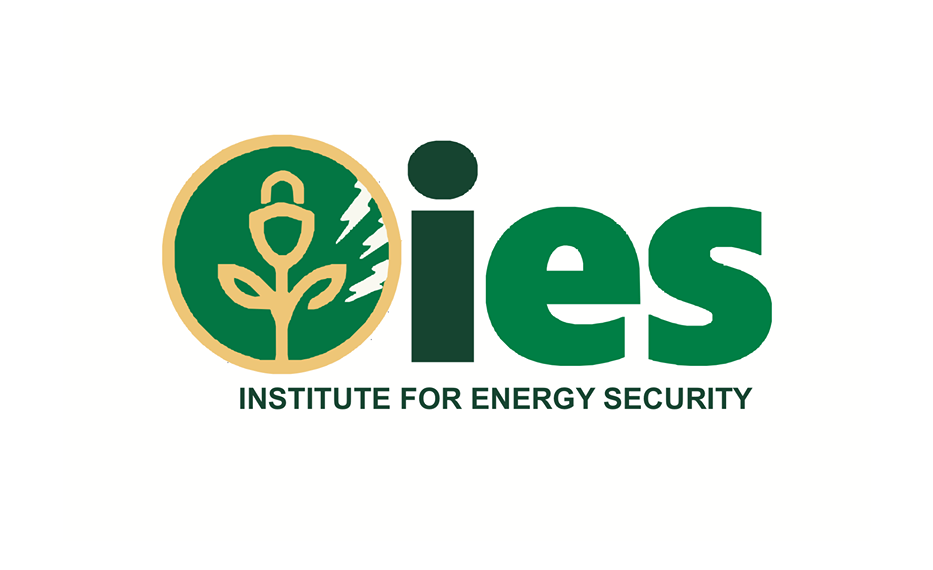The Institute for Energy Security (IES) has said the looming US$134 million judgement debt likely to hit the Government of Ghana is one that is damaging to the country’s reputation and finances.
The development comes after the government cancelled a contract agreement with an emergency power firm, Ghana Power Generation Company (GPGC) Limited under the former Energy Minister, Boakye Kyeremanteng Agyarko’s tenure in office. Following the cancellation, the company filed a suit against Ghana to the International Court of Arbitration seeking damages for the cancellation. The court eventually ruled in favour of the firm and included an additional US$30 million in interest payment obligation.
Speaking in an interview, a fellow at the IES, Beatrice Annan, noted that this judgement debt has not only caused financial strain on the country but has gone a long way to damage the country’s reputation.
“It means that the country will have to use taxpayers’ money in excess of $134 million to pay the foreign entity, which is GPGC. It further means that as a struggling economy as we are, government will have to cough up another $30 million to pay interest.
“Beyond the financial damage that has been caused to the country, is also the reputational damage where to the international community today, a change in government will mean discontinuity in government business. And so, the international community will begin to look at Ghana with another eye and for us, we think that it is not a good brand to build as a nation.”
Beatrice Annan, IES fellow.
About the Power Deal
By early 2015, Government of Ghana (GoG) was faced with an electricity supply crisis in that demand outstripped domestic supply. In February 2015, GPGC and GoG entered into negotiations for the provision by GPGC of a fast-track power generation solution involving the relocation of two existing GE LM 6000 aeroderivative gas turbine combined-cycle power plants from Italy to Ghana, capable of providing GoG with an emergency power supply of up to 107 megawatts for a guaranteed term of four years.
In February 2018, however, GoG sent GPGC its termination notice in response to what it asserts to be GPGC’s breach of its obligations under the Emergency Purchase Agreement (EPA), including its inability to “reach financial close nor achieve Full Commercial Operation Date primarily because some of the preconditions (Conditions Subsequent) for the achievement of financial close and Full Commercial Operation Date remained unfulfilled and a breach of Section 11 of Energy Commission Act 1997, (act 541) of Ghana.”
According to GoG, GPGC had demonstrated its: “inability or unwillingness … to perform its obligation within the stipulated time. This is an anticipatory breach, which entitled the GoG to terminate the contract and therefore GoG has not repudiated the EPA. The EPA was terminated following GPGC’s non fulfilment of its contractual obligations as well as failure and/or refusal to comply with applicable law by acquiring the requisite permits and licenses.”
This resulted in a dispute between GPGC and GoG under an Emergency Purchase Agreement dated 3rd June 2015, entered into between GPGC and GoG, which was ratified by the Parliament of Ghana on 23rd July 2015. The dispute was settled by the International Court of Arbitration.
As a result, the ruling by the International Court of Arbitration ordered the government to Ghana to pay to “GPGC the full value of the Early Termination Payment, together with Mobilization, Demobilization and preservation and maintenance costs in the amount of US$134,348,661, together also with interest thereon from 12th November 2018 until the date of payment, accruing daily and compounded monthly, at the rate of LIBOR for six-month US dollar deposits plus six percent.”
The government of Ghana was also ordered to pay GPGC an amount of “US$309,877.74 in respect of the Costs of the Arbitration, together with US$3,000,000 in respect of GPGC’s legal representation and the fees and expenses of its expert witness, together with interest on the aggregate amount of US$3,309,877.74 at the rate of LIBOR for three-month US dollar deposits, compounded quarterly.”
Read also: IES Urges Gov’t to Avoid Debt Accumulation in Energy Sector























